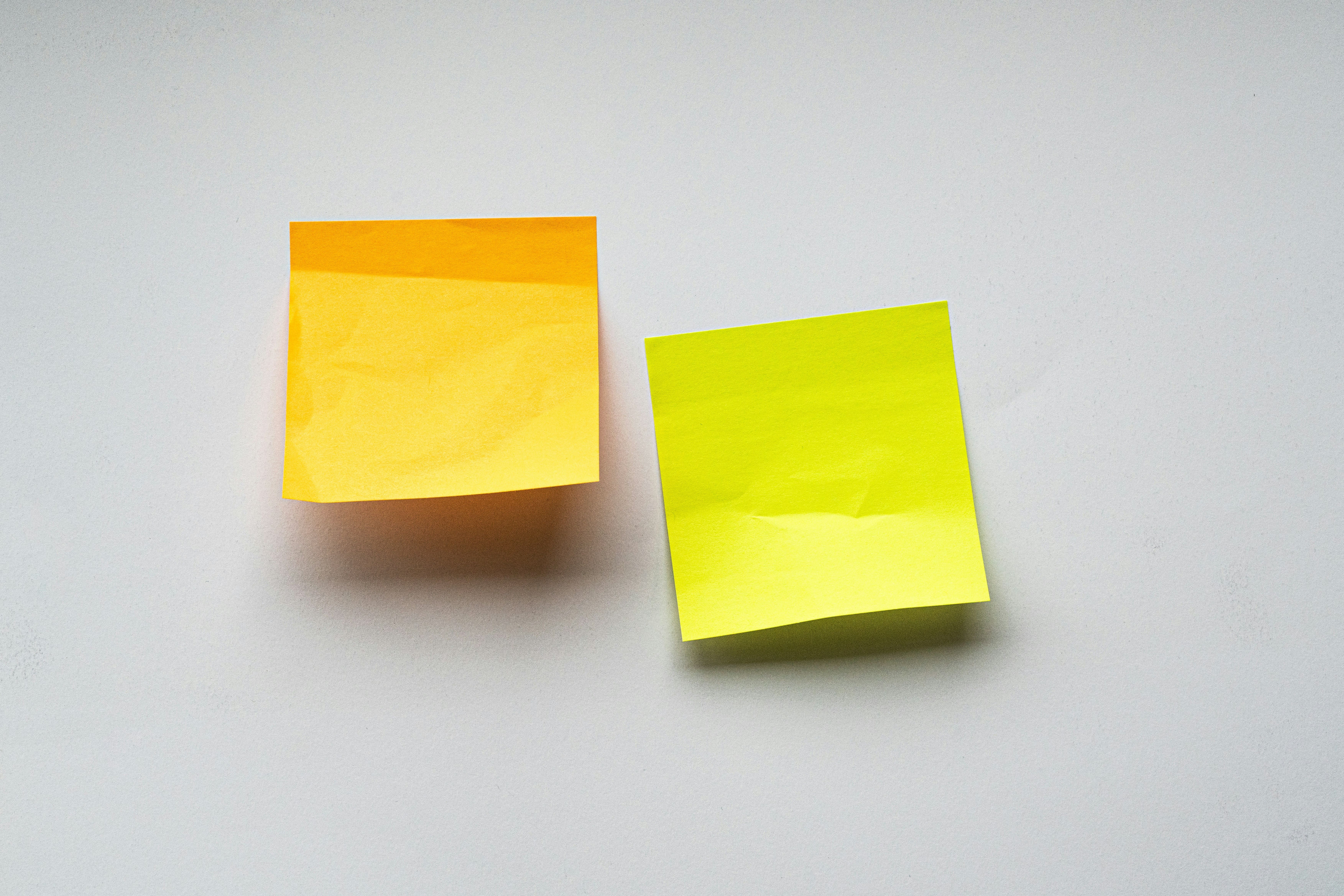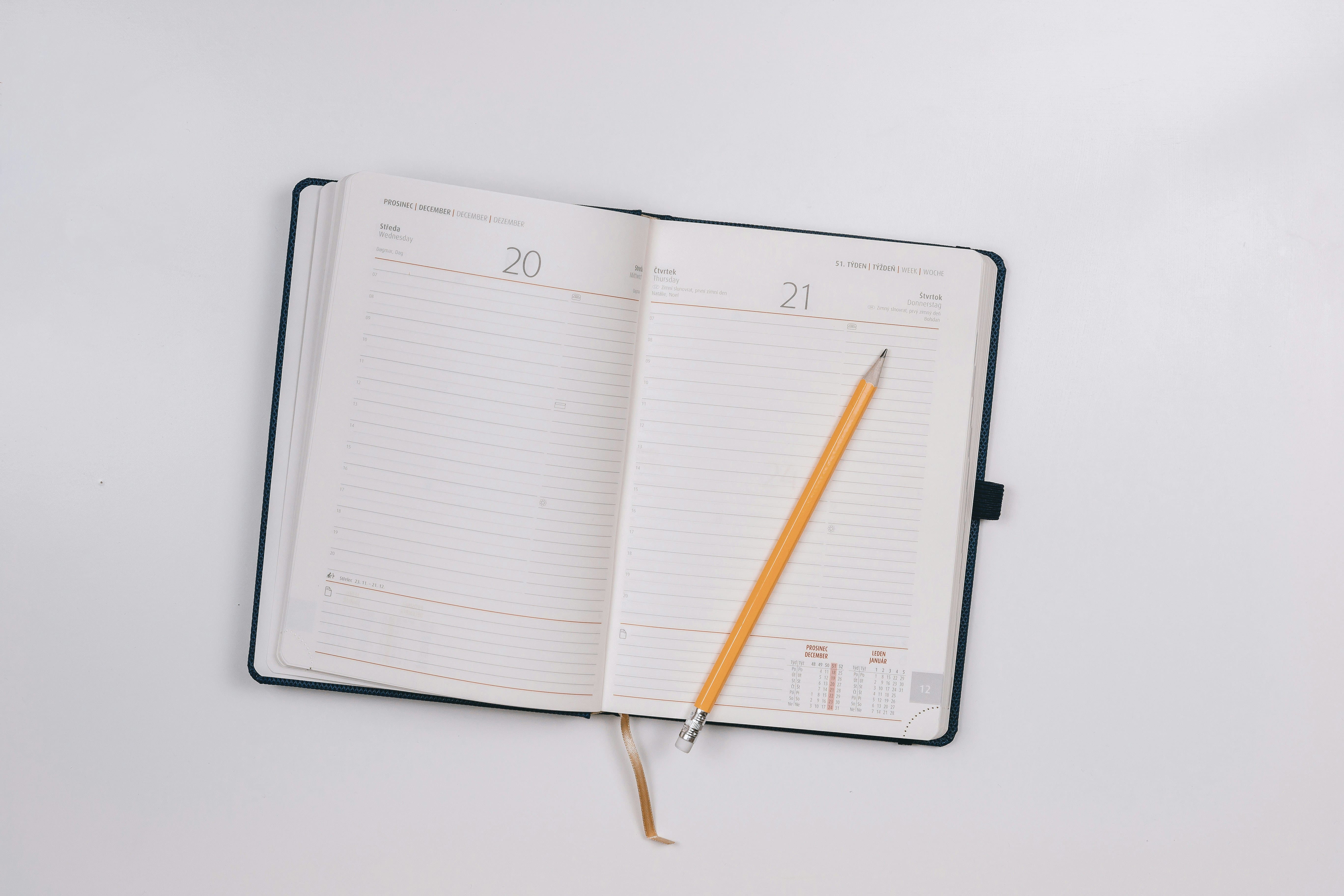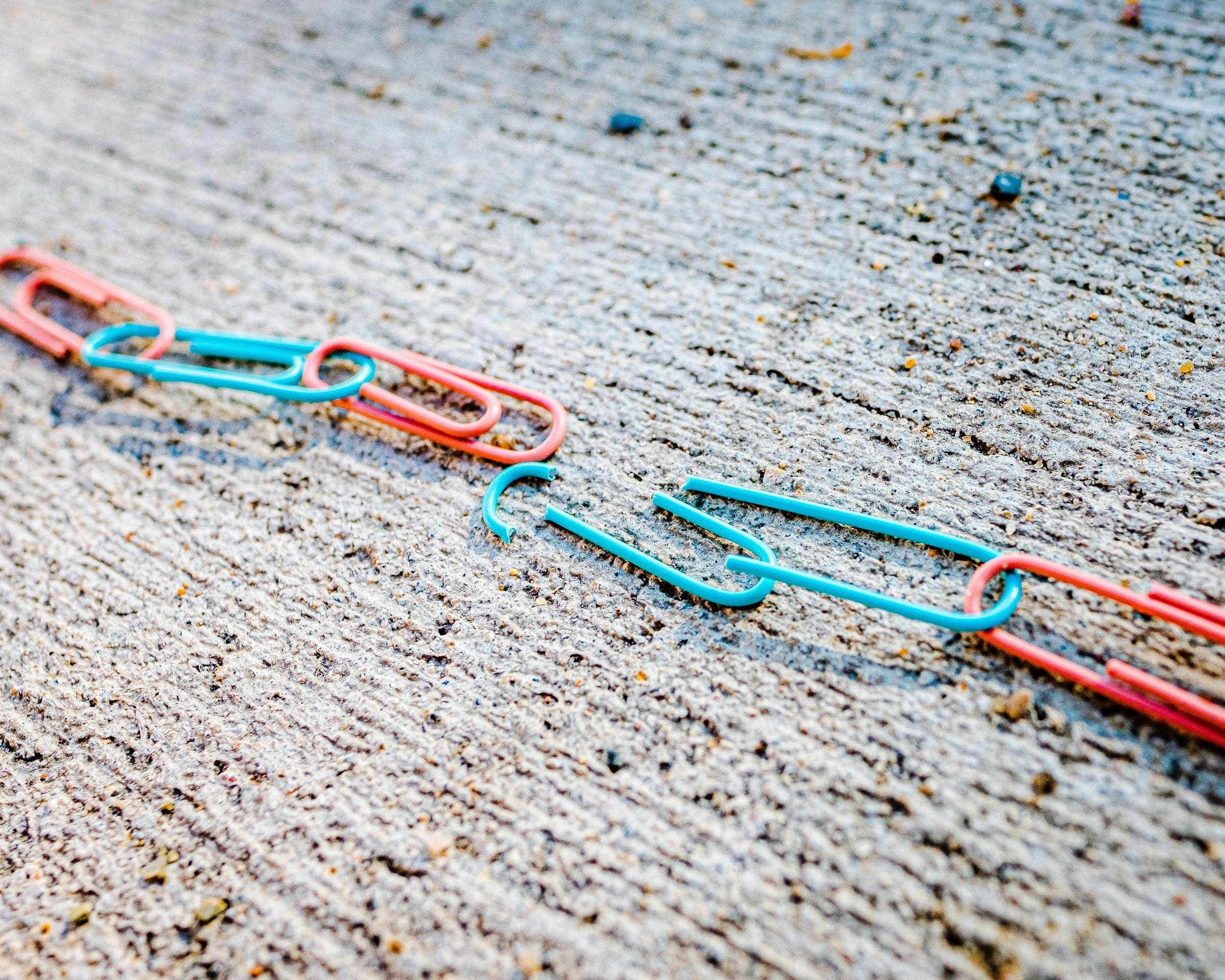← Back

The Science of Habits: How to Build (and Break) Them in 2025
May 1, 2025 | habits
Introduction: Living on Autopilot
I’ll admit something: most days, I don’t feel like I’m deciding how my day goes.
I wake up, grab my phone, check notifications, scroll through feeds, brush my teeth, make coffee, and somehow half the day is gone.
At one point, I realized I wasn’t living intentionally. I was just… running scripts my brain had memorized.
Then I stumbled across research that said around 40% of what we do every day is habit, not choice. And it hit me: if that’s true, then changing my habits might be the closest thing to “hacking” my life.
That’s what led me down the rabbit hole of studying how habits form, how they stick, and how to actually change them. This post is part science, part personal experiment, and part guide for anyone else who’s tired of being stuck in the same loops.

Part 1: Understanding Habits (And Why Willpower Isn’t Enough)
I used to think willpower was the key. If I could just force myself to eat better, sleep earlier, or exercise, I’d be fine. But the truth? Willpower is weak.
The brain loves shortcuts. It creates habit loops so it doesn’t waste energy:
Cue → The trigger. (For me: boredom = grab phone).
Routine → The action. (Scroll Twitter for “5 minutes” that turn into 50).
Reward → The dopamine hit. (Distraction, novelty, quick laughs).
Once the brain locks in that loop, it runs automatically. That’s why I could find myself with my phone in my hand before I even realized I’d picked it up.
The scary part: your brain doesn’t care if the loop is good or bad. It only cares that it’s efficient.
That was the first big “aha” moment for me — I wasn’t failing because I was weak. I was failing because I was running the wrong scripts.

Part 2: Building Good Habits (What Finally Worked for Me)
I tried so many times to “change everything at once.” Spoiler: I always failed. The magic came when I started ridiculously small.
1. The 2-Minute Rule
One night I decided: instead of reading 30 minutes, I’d just read one page. Just one. No pressure.
Funny thing? Once the book was open, I usually read more anyway.
That rule — start with something so small it feels silly — became my go-to.
2. Habit Stacking
I learned to attach new habits onto old ones. Example:
After brushing my teeth → write one line in a journal.
After pouring coffee → write my top 3 tasks for the day.
I didn’t need reminders because the existing habits became the triggers.
3. Changing My Environment
This one hurt my ego, but it worked: I had to admit environment beats willpower.
I put fruit on the table instead of snacks.
I moved social apps into a hidden folder.
I kept a book on my pillow so I couldn’t “forget” at night.
Suddenly, good habits weren’t uphill battles. They were easier than the old ones.
4. Tracking Progress
I started marking little “X”s on a calendar every time I kept up a habit. Watching those chains grow became addictive. I didn’t want to break the streak.

Part 4: Habits in 2025 (Where Things Are Going)
Here’s the wild part: in 2025, we’re not just building habits manually anymore — tech is stepping in.
AI coaches: Apps that monitor your sleep, workouts, even mood, and nudge you at the right times.
Wearables: My smartwatch tells me when to stand, drink water, or breathe. Some days it feels like my wrist is parenting me.
Gamification: Everything from finance apps to language learning turns habit-building into streaks, points, and levels.
The future of habits might be less about discipline and more about design. But I wonder: if machines tell us what to do all the time, are we really in control?

Conclusion: One Habit at a Time
Here’s my biggest lesson: don’t try to change everything. Just pick one habit to build and one to break. That’s it.
For me, it started with reading one page a night and deleting one social app from my home screen. Tiny changes. But they stacked up.
Now, when I look back, my days feel less like autopilot and more like something I’m steering — slowly, imperfectly, but intentionally.
So if you’ve been waiting for the “perfect time” to change, this is it. Start small. Start silly. Start anonymous, if you want.
Because one tiny habit can quietly reshape your entire life.






